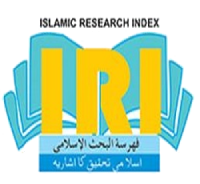فلاحی ریاست پر تنقیدات اسلامی تعلیمات کی روشنی میں تجزیاتی مطالعہ
Critiques on the Welfare State An Analytical Study in the Light of Islamic Teachings
Keywords:
Welfare State, Poverty, Economic Inequality, Elder People, Pension, IslamAbstract
The welfare state faces several criticisms, such as increasing taxes on the business class to manage and administer welfare work, increasing economic inequality, failure to eradicate poverty, increasing divorce rates, unemployment, the growing number of elderly people, and the burden of pensions on welfare states etc. On the contrary, the welfare state system of Islam is balanced. The economic rights of all Muslim and non-Muslim citizens living in the state are protected. Islam emphases the circulation of wealth, which does not give rise to economic inequality and the distribution of wealth remains fair. Along with economic rights, the rights of all individuals in society, especially spouses, have also been determined so that family life remains peaceful. The purpose of writing this paper is to present a review of the criticisms of the welfare state in the light of Islamic teachings. Also, to highlight the importance of the welfare state in the modern era. The research method adopted is narrative and analytical.
Downloads
Published
How to Cite
Issue
Section
License
Copyright (c) 2025 Nuqtah Journal of Theological Studies

This work is licensed under a Creative Commons Attribution 4.0 International License.
This work is licensed under a Creative Commons Attribution 4.0 International License.





